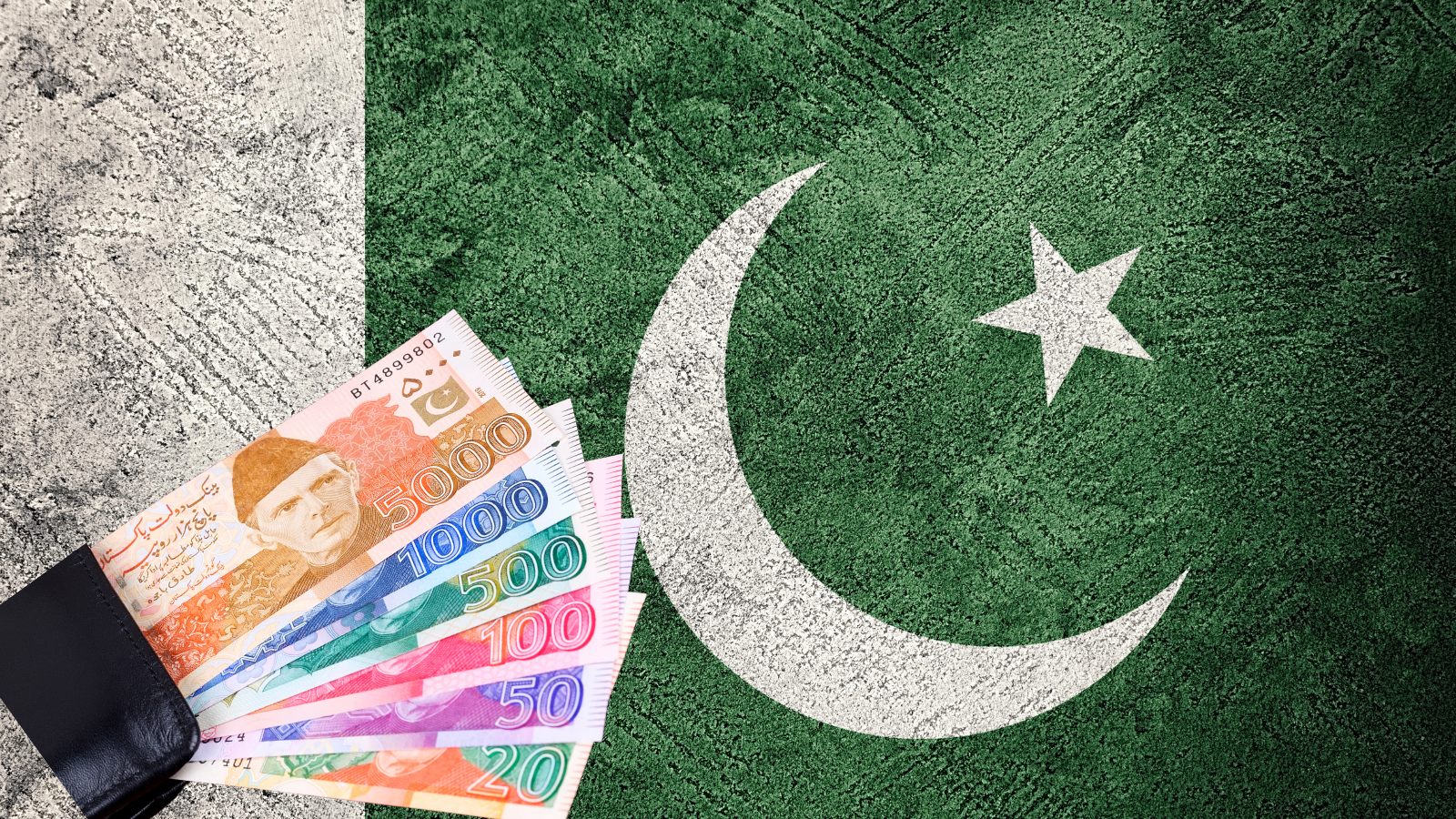Pakistan has been grappling with financial instability for years, but it has now taken extreme measures to address the ongoing economic crisis.

According to media reports, the country has announced scrapping around 150,000 government posts, dissolving six ministries, and merging a couple of ministries under a new agreement with the International Monetary Fund (IMF) under a USD 7 billion loan deal.
On September 26, the IMF finally approved the assistance package and released over USD 1 billion as the first tranche after Pakistan committed to cutting expenditures, increasing the tax-to-GDP ratio, taxing non-traditional sectors like agriculture and real estate, limiting subsidies, and transferring some fiscal responsibilities to provinces.
Minister for Finance Muhammad Aurangzeb addressed the media and said
that a programme had been finalised with the IMF, which would be the last programme for Pakistan.
“We need to implement our policies to prove that it will be the last programme,” he said, emphasising that to join the G20, the economy must be formalised.
The minister said right-sizing within ministries was underway, and the decision to close six ministries and merge two will be implemented. “Additionally, 150,000 posts across various ministries will be eliminated,” said Aurangzeb.
Aurangzeb highlighted an increase in the number of taxpayers in the country. There were approximately 300,000 new taxpayers last year, and so far this year, 732,000 new taxpayers have registered, increasing the total number of taxpayers in the country from 1.6 million to 3.2 million.
The government plans to abolish the non-filers category, and those who do not pay taxes can no longer purchase property or vehicles.
But there is a silver lining. According to reports, the minister is quoted as saying that the economy was headed in the right direction, and its foreign exchange reserves had increased, reaching their highest level. There has been significant growth in national exports and IT exports.
He added that the government reduced the policy rate by 4.5 percent after coming to power and expressed optimism that the exchange rate and policy rate would remain the same.
“Our claim that the economy is improving is not a hollow claim because inflation has decreased due to government policies. Inflation has dropped to single digits,” he said.
It’s been a rough few years for Pakistan. The country has been struggling to fix its economy. It was close to default in 2023, but a timely USD 3 billion loan from the IMF saved the situation.




